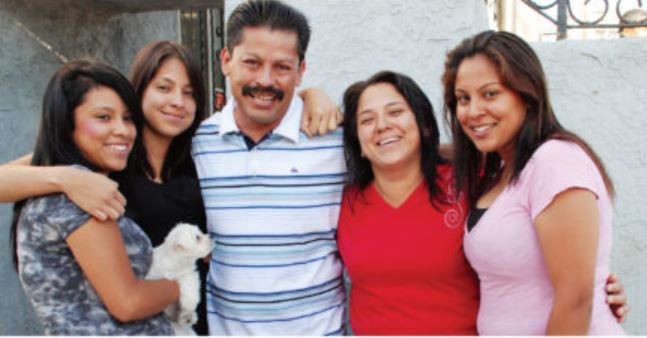Written by Martha Gershun, Guest Blogger
When I told people I was planning to donate a kidney to a woman I read about in the newspaper many asked “But what if one of your children (or your husband) needs a kidney someday? You won’t be able to save their life.”
The answer for me was easy. I was already 61. The odds that one of my two adult children or my husband, none of whom has kidney disease, would need a kidney while I was still young enough and healthy enough to donate, seemed trivially small. “Saving” my kidney for such an unlikely scenario sounded a lot like never giving money to charity because one of my children, both financially independent with good jobs, might someday need my assistance.
But I could easily imagine a scenario where a much younger kidney donor was anxious about giving away 20, 30, even 40 years of “donation window” to benefit a spouse or child – perhaps a life partner they hadn’t even met or a child who wasn’t even born yet.
Fortunately, there is a readily available opportunity for living kidney donors to protect against the eventuality that a loved one will someday need a kidney that they might have been in a position to provide. Non-directed living kidney donors – those who want to donate their kidney to “the pool” to be matched to a stranger on the transplant waiting list via algorithm – can choose to donate through the National Kidney Registry’s Family Voucher Program.
This program allows altruistic kidney donors to receive up to five vouchers for family members who do not presently need a transplant. If one of the people named as a voucher holder should need a kidney in the future, they will be prioritized to receive a living donor kidney through the National Kidney Registry (only one family voucher for each donor can be redeemed).
There are risks, of course. The National Kidney Registry is a private organization, not a government agency. It could go out of business, either by running afoul of regulators or by running out of money or by voluntarily shutting down. They could decide to change their mission or decide they will no longer honor their voucher promises. If that were to happen, the Family Vouchers they have issued could become worthless unless another organization stepped up to fulfill them. There is also no guarantee that a family member seeking to redeem a voucher will find a match within the registry’s list of potential donors.
Nonetheless, the Family Voucher Program offers an opportunity for someone to donate their kidney today, while possibly securing the potential for one of their relatives to receive a kidney down the road.
In this way, it provides one possible answer to that tough question: “What if one of your children needs a kidney someday?”
Martha Gershun is a nonprofit consultant and writer living in Fairway, KS with her husband Don Goldman. Her most recent book, Kidney to Share (Cornell University Press, 2021), with co-author John Lantos, MD, details her experience donating a kidney at the Mayo Clinic to a woman she read about in the newspaper. Gershun serves on the Expert Advisory Panel for the Kidney Transplant Collaborative and serves on the Board of the National Kidney Foundation Serving Kansas, Oklahoma, and Western Missouri.

